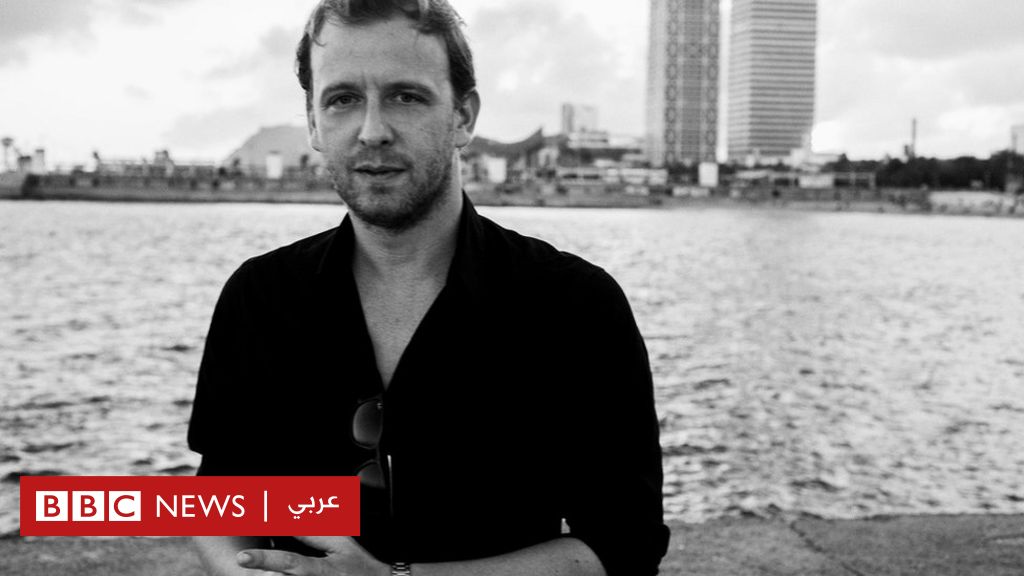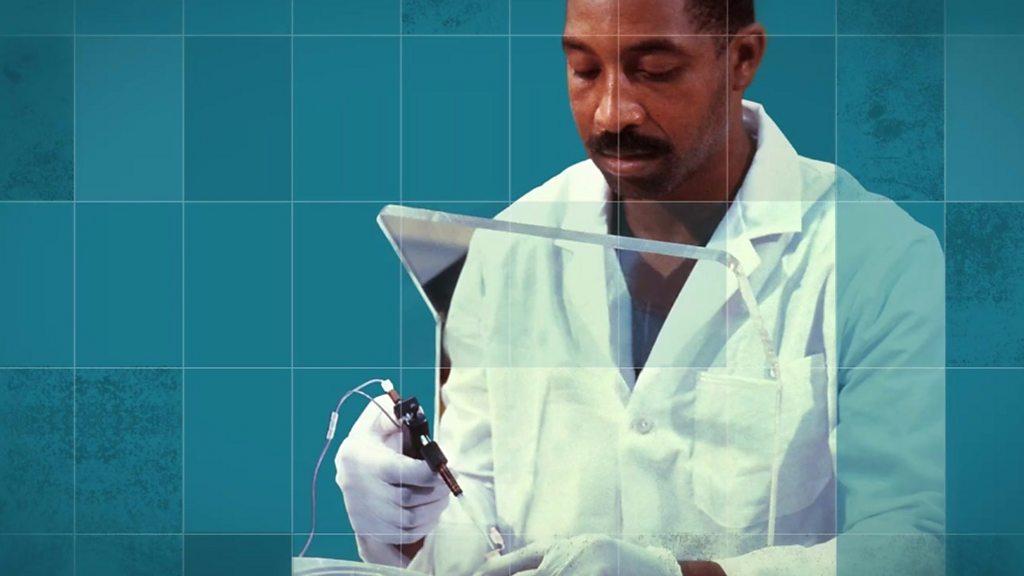- Norberto Pardes
- BBC Mondo
—
1 December 2020
Image Released, Christopher Klettermayer
—
Christopher Klettermeyer initially used a pseudonym so that he could talk about AIDS
–
“I would never have imagined, as a white and gay Western European man, that my test (HIV test) would be positive.”
–
This is what Christopher Klettermayr – also known by his pen name Philip Spiegel – a 38-year-old Austrian citizen who discovered he was infected with HIV in 2014.
–
It was a day he still remembers as if it had happened yesterday.
–
His discovery was not in Austria, but in India, where he was assigned to a photojournalistic assignment, and was planning to go to a Hindu temple there.
–
As a condition of entry, he was required to undergo an HIV test.
–
Christopher told the BBC. “I definitely agreed. Because I am white and not gay, I expected the result to be negative.”
–
“But it was not.”
–
HIV infection was something he had in mind for gay men or intravenous drug use or in African countries.
–
Christopher had felt very sick a few months earlier in Austria, but no one had ever thought it was caused by HIV.
–
“No doctor examined me because I was not among the most at-risk groups,” explains Christopher. “I was diagnosed in India by chance, and it was shocking.”
–
“I was actually lucky, because I could have spent years without taking a test,” he adds.
–
Your device does not support video playback
—
World AIDS Day: HIV in numbers
–
‘Big challenges’
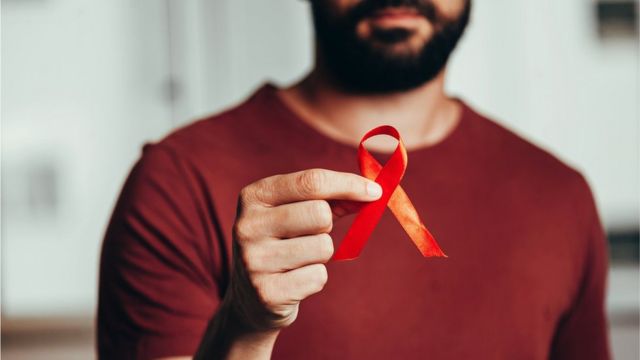
Image Released, Getty Images
—
The United Nations says Covid 19 has increased the challenges of the battle against AIDS
–
Christopher tells his story in conjunction with World AIDS Day, in a year when the world’s attention is focused on another epidemic.
–
The United Nations has warned that Covid 19 threatens the progress made in the battle against HIV, by increasing the existing disparity in access to treatment.
–
As there were 690 thousand deaths due to AIDS-related diseases during the year 2019. The United Nations Program on AIDS Control says that this toll could increase by between 120 thousand to 300 thousand people because Covid 19 affected the provision of treatment.
–
Of the nearly 38 million people living with HIV, 12 million people still did not receive anti-retroviral treatment, as of June 2020.
–
“Although we have made extraordinary progress over the past 40 years, we have to keep working, because if we don’t, the gains we have made will be lost,” Birgit Poniatowski, Executive Director of the International AIDS Society, told the BBC.
–
She says that HIV affects developing countries severely, but the idea that some groups are more vulnerable to infection is “a misconception.”
–

Image Released, Getty Images
—
The United Nations says unprotected sex is a form of HIV transmission
–
She adds: “One thing that has become clear after forty years of the HIV epidemic is that the disease does not discriminate. There are people living with the virus in every country and in every age group, and from every ethnicity, type, profession, religion and sexual orientation.”
–
And unprotected sexual intercourse remains an important form of transmission, and the main form of the disease is spread in South Africa, for example, which is a country severely affected by HIV.
–
“Unsafe sexual intercourse is not the only way to get HIV,” says Dr. Poniatowski. “Sharing or reusing syringes is the reason behind 10% of cases worldwide.”
–
” why me?”
“At first I was terrified and overwhelmed with many questions about what HIV meant,” says Christopher.
–
“And I wondered, why am I? Then I realized that I had to get rid of all the impressions I had in my mind from the 1980s and 1990s to the twenty-first century.”
–
And Christopher believes that recognition of HIV infection may be a problem for non-gay men in particular, due to ideas about masculinity.
–
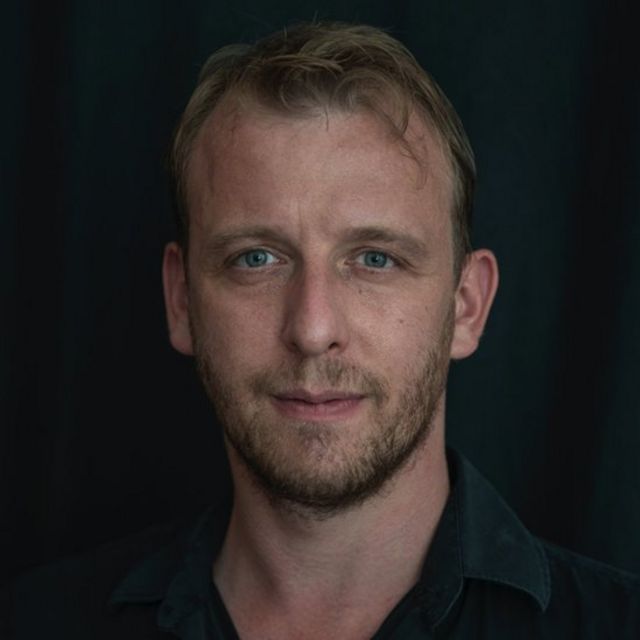
Image Released, Christopher Klettermayer
—
Christopher says that non-gay men are afraid to disclose their affliction so that they are not seen as gay or drug addicts.
–
He says that “many non-gay men do not reveal their infection because they are afraid of being seen as gay or drug addicts.”
–
Christopher was very afraid that he would be viewed or dealt with in a different way, so he chose a pseudonym, Philip Spiegel, so that he could talk about HIV and participate in press interviews.
–
But with the passage of time, when he felt more comfortable with his reality, he abandoned the “phantom.”
–
“The more I confront myself and challenge my perceptions of sexuality and masculinity, the less importance I attach to the issue,” says Christopher.
–
“I got to the point where I said to myself: It’s okay, it’s not the end of the world,” he adds.
–
“I felt toxic”
Although there is no cure for HIV yet, current treatments that suppress the virus enable the majority of infected people to live long and healthy lives.
–
Dr Poniatowski says that people who have dampened the virus to the point that it becomes undetectable cannot pass it on to another person, even through sex.
–
And she adds: “If you are being treated with anti-viral agents, and it is working well, you will not be a transmitter of the infection to anyone else.”
–
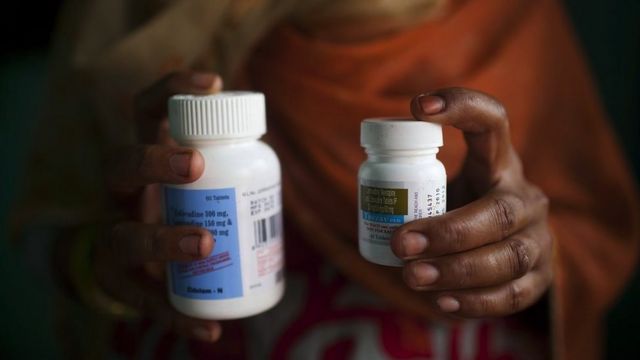
Image Released, Getty Images
—
People who have dampened the virus to the point where it becomes undetectable cannot pass it on to someone else
–
As soon as he started receiving treatment, Christopher noticed the positive effects on his body. However, it took him years to change his impressions psychologically.
–
Things like dating have become “almost impossible because HIV destroys your confidence.”
–
He says, “I felt something strange inside of me for some time. I felt toxic, that my blood and sperm were poisonous. I felt that I was dangerous to others, especially those whom I wanted to get close to, such as my loved ones.”
–
In the end, Christopher decided to use “the advantage of living in a country where HIV is not a problem” to inform and inspire others.
–
“I realized that if I couldn’t say I had HIV, who could?” He says.
–
“Lottery” feedback
The most terrifying thing about living with HIV, Christopher says, is that you never expect people to react when you tell them you are infected.
–
“It’s like a lottery,” he says, adding that he has seen all kinds of reactions.
–
He added, “One of the positive experiences was when I asked a girl: What would you do if I told you that I had HIV? Then she smiled and said that it would make things more interesting.”
–
He added, “But others also immediately asked: Can I catch him from kissing?”
–
HIV is transmitted through blood and cannot be transmitted from person to person through spitting, sneezing, coughing, kissing or normal social contact.
–
For Christopher, falling in love was an important part of overcoming his fears about stigma.
–
He explained: “I saw how (his sweetheart) was dealing with me, and how the issue of the virus was not there. It was only a pill a day.”
–
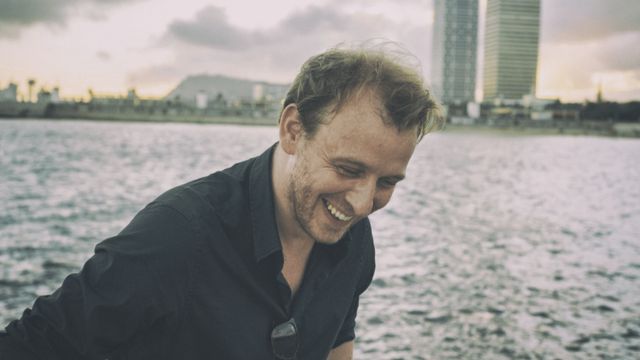
Image Released, Christopher Klettermayer
—
Christopher says HIV should not dominate the lives of those infected with it
–
One of the “misconceptions” Christopher says is that HIV “dominates” the lives of people with HIV.
–
“There have been times when my family and friends completely forgot that I had the virus, because it was not a problem.”
–
“I am more than that. HIV is just one side of me.”
–
“I am happier now than I was before I contracted the virus.”
–
Christopher says his experience gave him an opportunity to reflect on his life and see things from a broader perspective.
–
“I am living more now. I am happier than I was before contracting HIV,” he says.
–
The experience also earned him an artistic talent and gave him the goal of writing a book on living with HIV.
–
Christopher avoids advising people to declare their infection, or not.
–
He says, “The advice varies according to the country, region, or even the family in which I grew up. I know people whose families have disavowed them after they were tested positive for the virus.”
–
He adds, however, that “there is no point in feeling guilt or shame over contracting the virus.”
–
“Take your time. Be patient, accept the infection, but do not give HIV more space in your life than it should, and do not let it decide. The choice is yours.”
–
And Christopher has one final piece of advice: “You have to know everything about disease. Knowledge dispels fear.”
—
